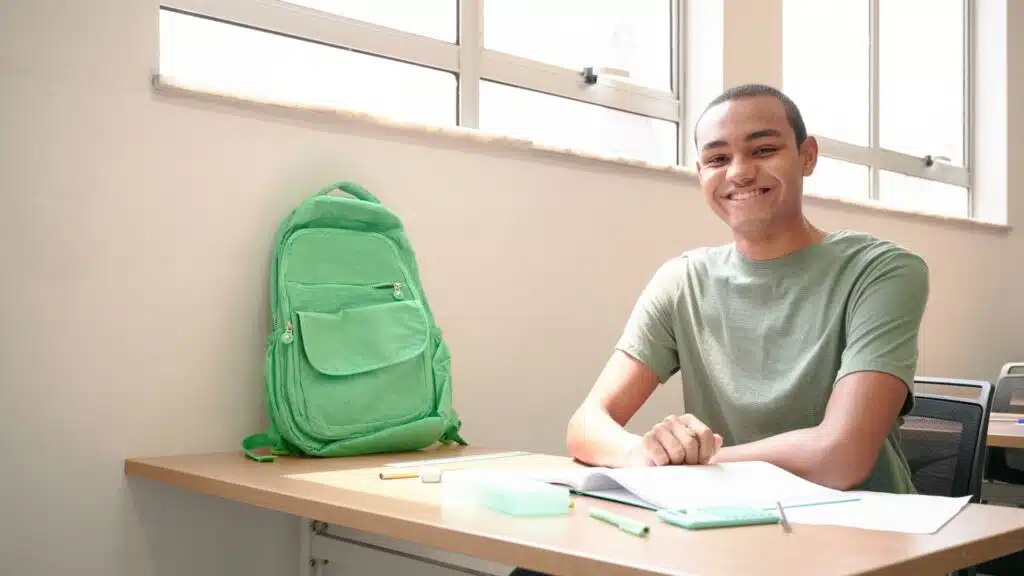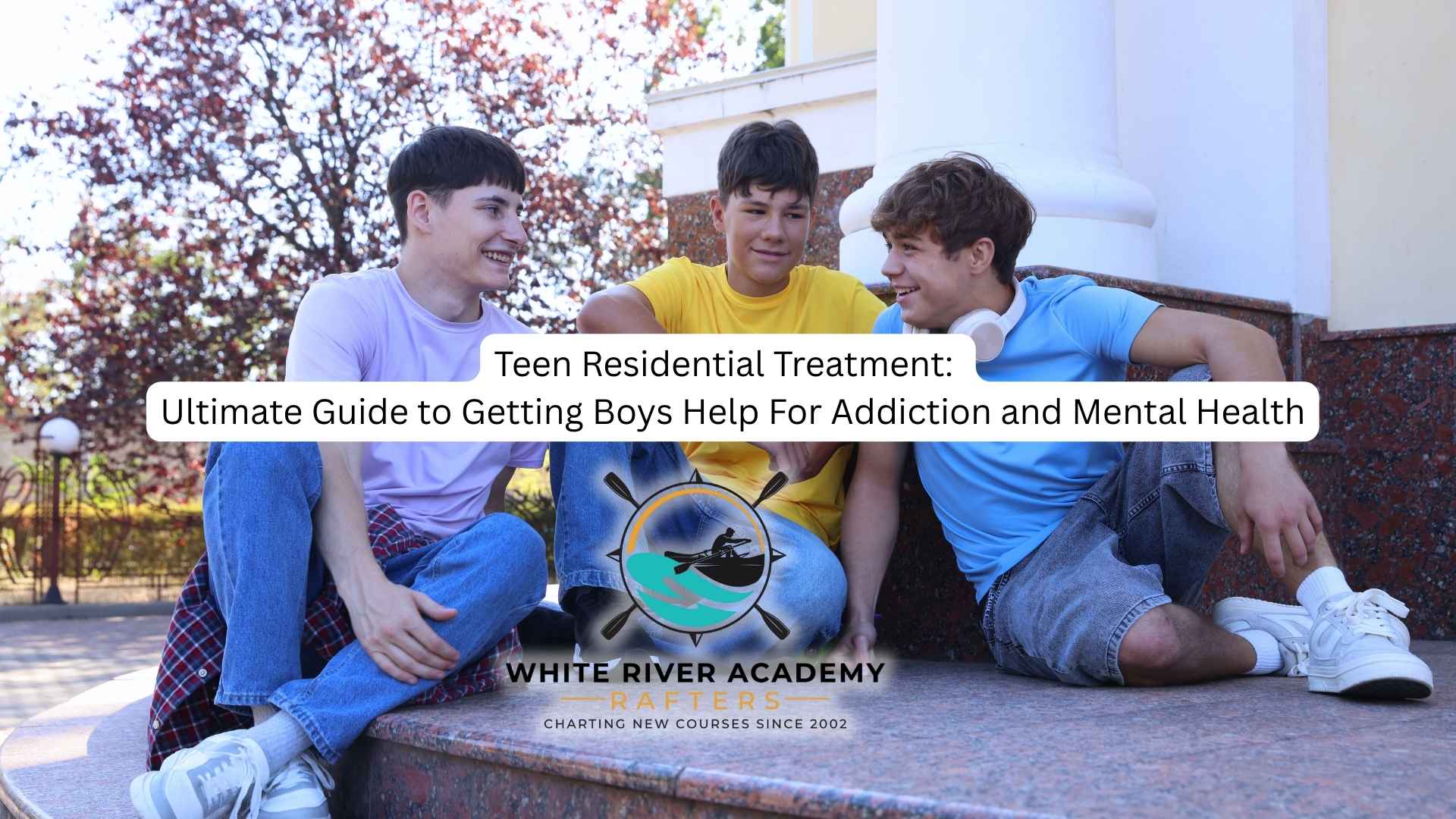Finding the right therapeutic boarding school for a struggling teen or young adult can be a life-changing decision, but the cost of these programs can be overwhelming for many families. Understanding the financial options available can help parents and guardians make informed choices without compromising their child’s well-being.
This article discusses various ways to afford a therapeutic boarding school and the resources available to assist families in managing the costs.
Understanding the Costs of Therapeutic Boarding Schools
Therapeutic boarding schools provide academic support, therapy, and structured environments designed to help young individuals overcome behavioral, emotional, or substance use challenges. These programs incorporate various types of therapy, including cognitive-behavioral therapy (CBT), family therapy, and experiential therapies to address individual needs.
Costs vary based on the level of care, location, and services offered. Tuition can range from $5,000 to $15,000 per month, making affordability a major concern for families seeking treatment for their children. Understanding the breakdown of these costs, including tuition, therapy fees, and living expenses, helps families plan accordingly and explore financial aid options.
Health Insurance Coverage and Reimbursement Options
Health insurance is one of the first financial resources families should consider when evaluating how to pay for a therapeutic boarding school. Some insurance plans cover a portion of the cost if the program meets specific medical or mental health treatment criteria.
Parents should contact their insurance providers to verify coverage for behavioral health treatment, residential care, or outpatient therapy associated with therapeutic boarding schools. It is important to review policy limitations, out-of-network expenses, and reimbursement procedures. Seeking pre-authorization from the insurance company and obtaining a letter of medical necessity from a healthcare provider can improve the chances of securing coverage.
While some programs work directly with insurance companies, others may require families to pay upfront and seek reimbursement. Reviewing the specific terms of an insurance plan and consulting with a billing specialist at the school can help clarify available options.
Educational Loans and Financing Plans
Many therapeutic boarding schools offer financing options, allowing families to spread tuition payments over time. Some institutions partner with lending organizations that provide educational loans tailored for private school tuition and therapeutic programs.
Private student loans, personal bank loans, and low-interest medical financing programs are also available. Families should compare interest rates and repayment terms to select the most suitable financing option without creating long-term financial strain. Some lenders specialize in educational or medical loans, offering flexible repayment schedules that can ease the burden of large upfront payments.
It is also worth checking if the school has an in-house payment plan that allows families to break payments into more manageable monthly installments. Speaking with a financial aid advisor at the school can help determine if this is a viable option.
Scholarships and Grants for Therapeutic Boarding Schools
Several organizations provide scholarships and grants to help offset the costs of therapeutic boarding schools. These funding opportunities are often based on financial need, academic merit, or specific treatment requirements.
Nonprofit foundations, private donors, and advocacy groups dedicated to supporting youth mental health may offer partial or full scholarships. Parents should research available grant programs and apply early, as funding is often limited and competitive. Some schools also offer need-based financial aid or internal scholarship programs, so it is essential to inquire directly with the admissions office.
Applying for multiple scholarships and grants increases the likelihood of receiving financial assistance. Some organizations require families to submit letters of recommendation, financial statements, and personal essays outlining the need for therapeutic education.

State and Government Assistance Programs
Some state and federal programs offer financial assistance for families seeking therapeutic boarding school placement. Medicaid may cover certain behavioral health treatments, and state-funded programs sometimes provide financial support for therapeutic education services.
On top of that, the Individuals with Disabilities Education Act (IDEA) allows eligible students with specific diagnoses to receive educational support, which may extend to residential boarding schools or therapeutic programs in some cases. Families should consult with school district representatives and state agencies to explore available funding resources.
Using Personal Savings and Family Contributions
For some families, personal savings and contributions from extended relatives play a crucial role in covering tuition costs. Parents may consider utilizing college savings accounts, tapping into home equity loans, or withdrawing from retirement funds when necessary. However, these options require careful financial planning to avoid long-term financial consequences.
Crowdfunding platforms and community fundraising efforts can also provide support for families facing financial hardship. Many families have successfully raised funds through online campaigns, local fundraisers, or assistance from religious or community organizations.
Some families work out financial agreements with the school, such as work-study programs or deferred payment plans. Exploring all available options and discussing them with school representatives can open up possibilities for covering tuition costs.
Final Thoughts from White River Academy
At White River Academy, we understand that securing financial resources for therapeutic education can be challenging. Our team is committed to helping families explore all available funding options to ensure their child receives the necessary care and support. Whether through insurance assistance, financing plans, or scholarships, we guide families toward viable solutions to make therapeutic boarding school accessible.




